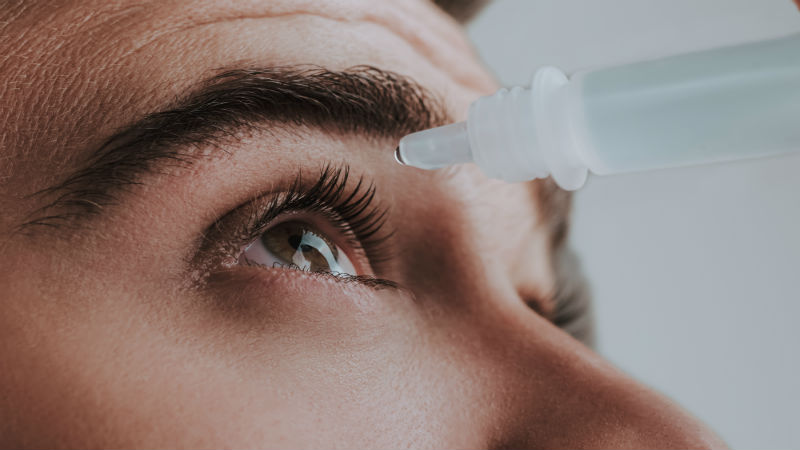Many people struggling with daily life and living with complications from low vision have been told there are limited options to help to give them better eyesight. In the vast majority of cases, the ophthalmologist or optometrist is not a low vision specialist, so he or she may not be aware of the new devices and options available.
Range of Products to Consider
With current research and the use of innovative technology, there is an increasing range of low vision devices on the market. These devices include the ability to magnify, light, focus and even convert written text to language for the user. For a significant number of patients, this means a low vision specialist can provide the device to greatly expand independent living and to regain the ability to read, drive, and do the things the patient may have assumed were no longer possible.
Work with A Specialist
A key factor in determining the best low vision devices for a specific vision problem is to work with a low vision specialist. These medical professionals have advanced training in completing eye examinations and working with the latest in technology.
They also have diagnostic tools and testing capacities that exceed the services offered in typical eye examination facilities. This advanced testing and diagnostic ability helps the low vision specialist pair the patient with the correct device.
Working with Your Goals in Mind
When recommending low vision devices, the low vision specialist provides a more holistic type of examination. He or she wants to know the goals for vision improvement for the individual as well as complete the eye exam.
This allows the doctor to choose from optical and non-optical devices and aids. Optical aids can include magnifiers, telescopes and even the use of CCTV. The non-optical devices are typically used to support the optical devices and include the use of auditory devices and adaptive devices based on the needs of the patient.


